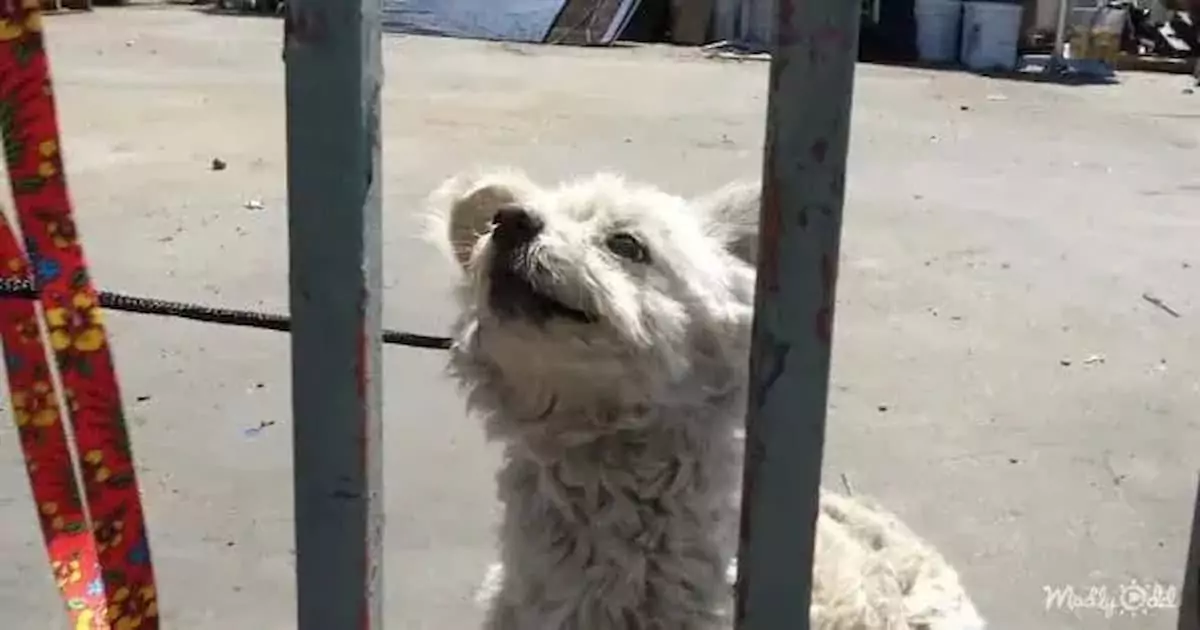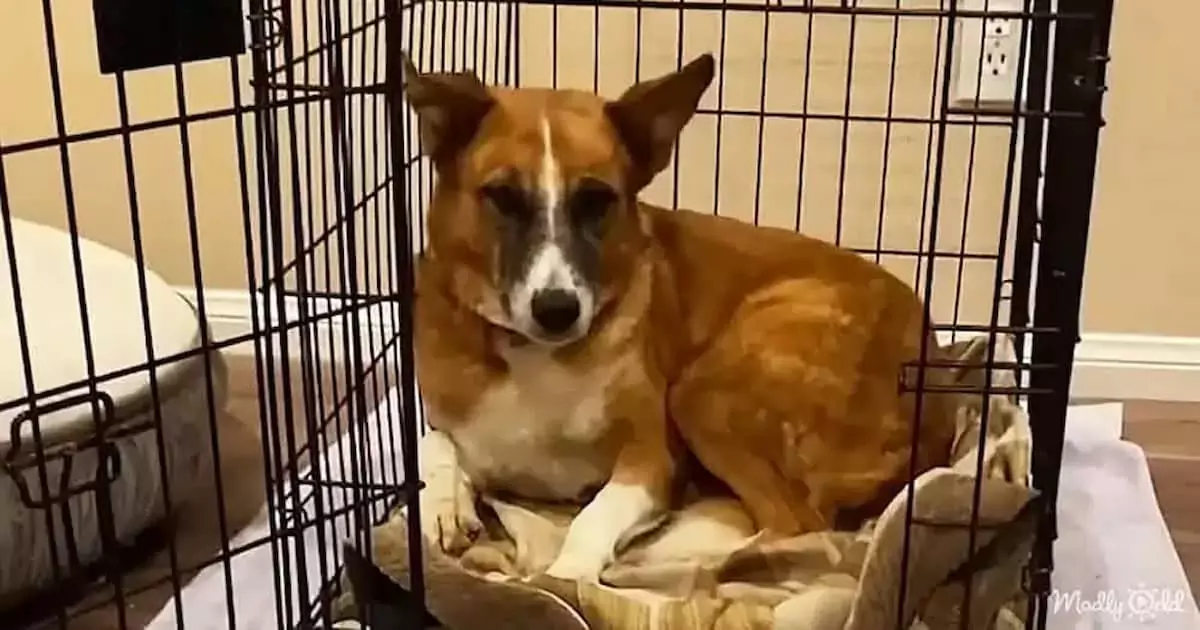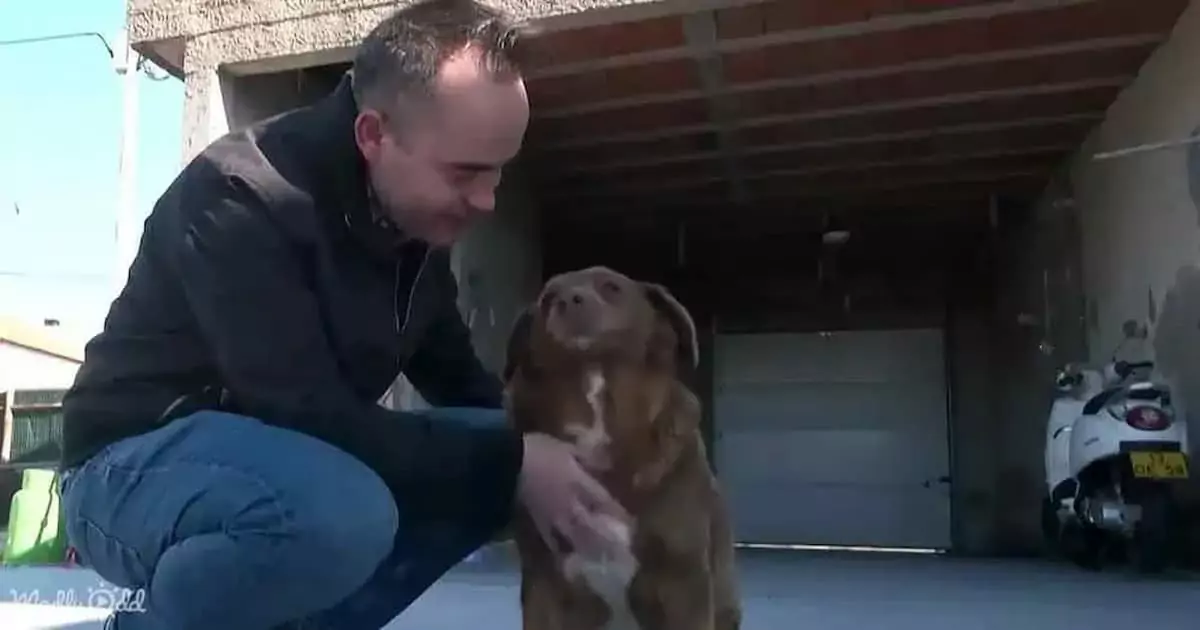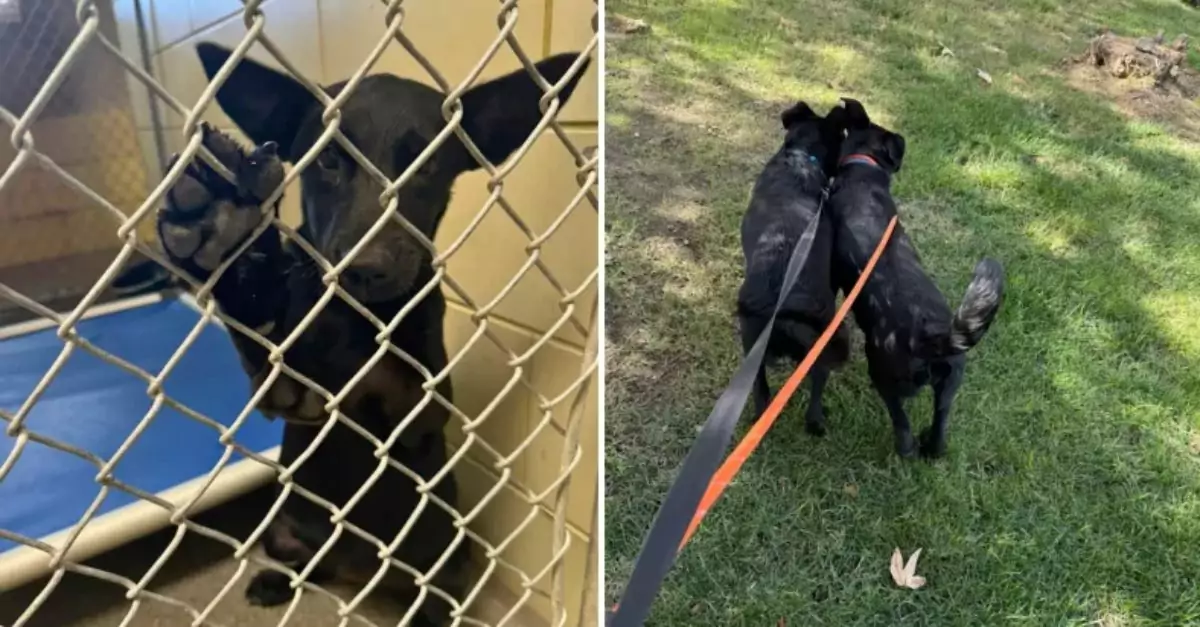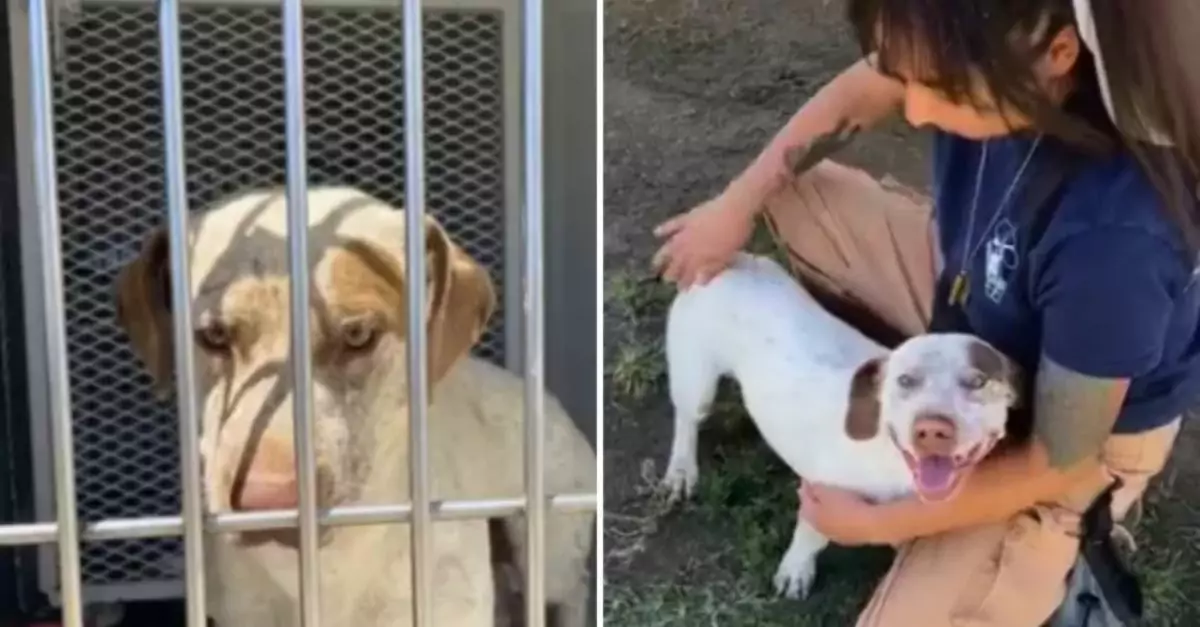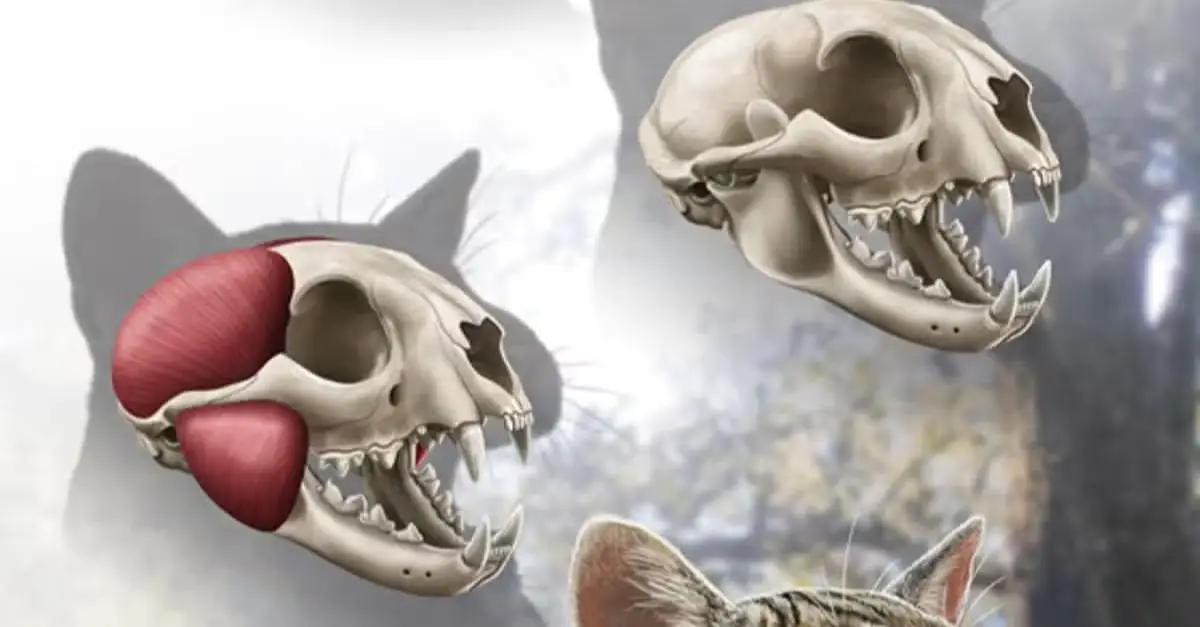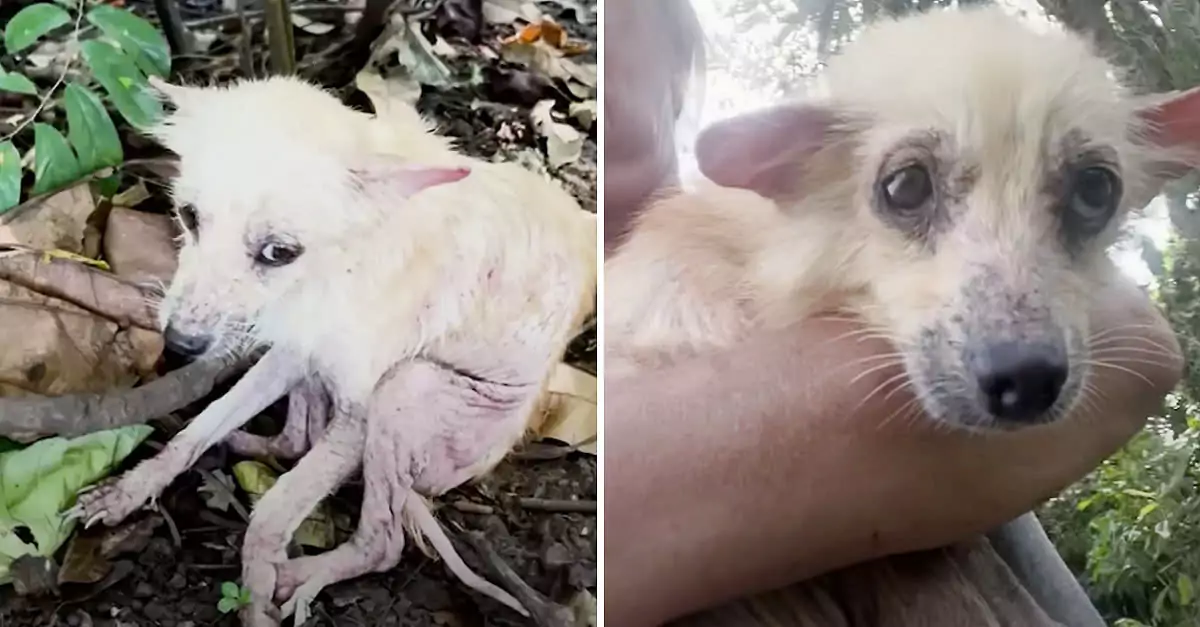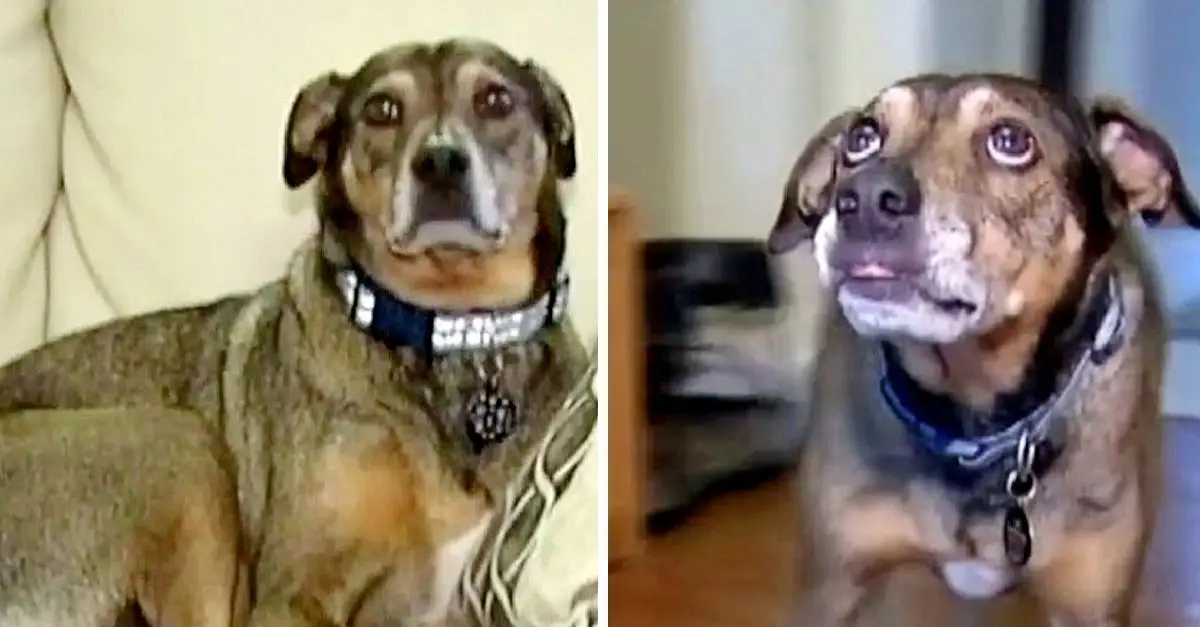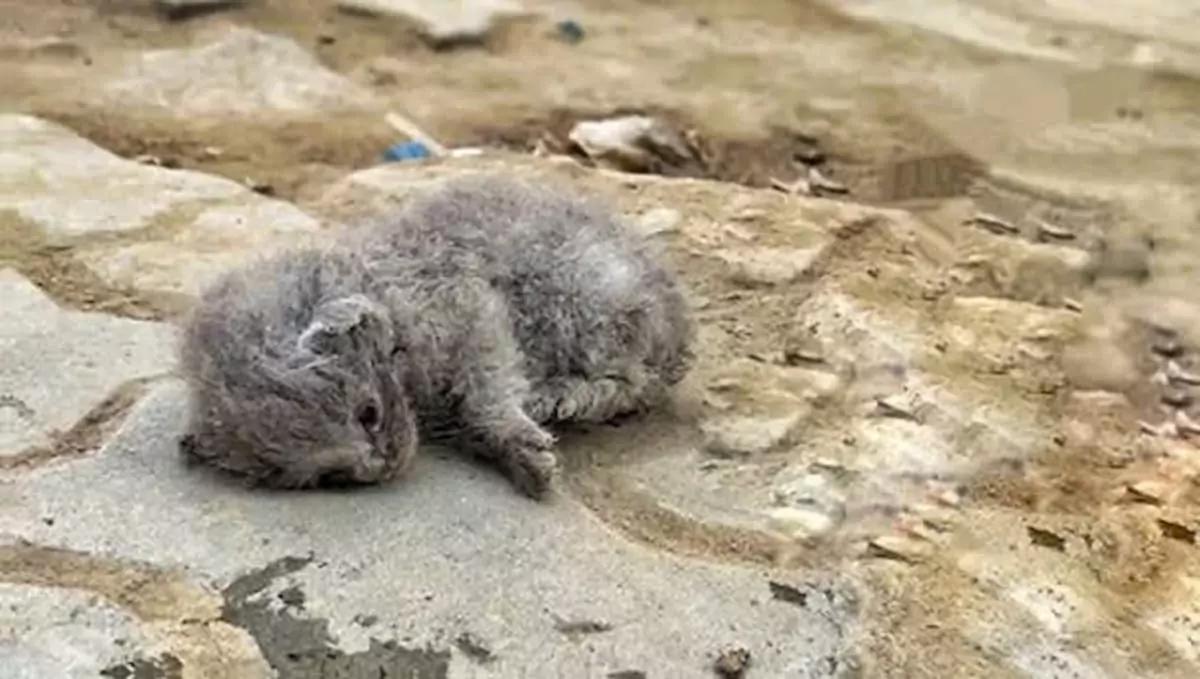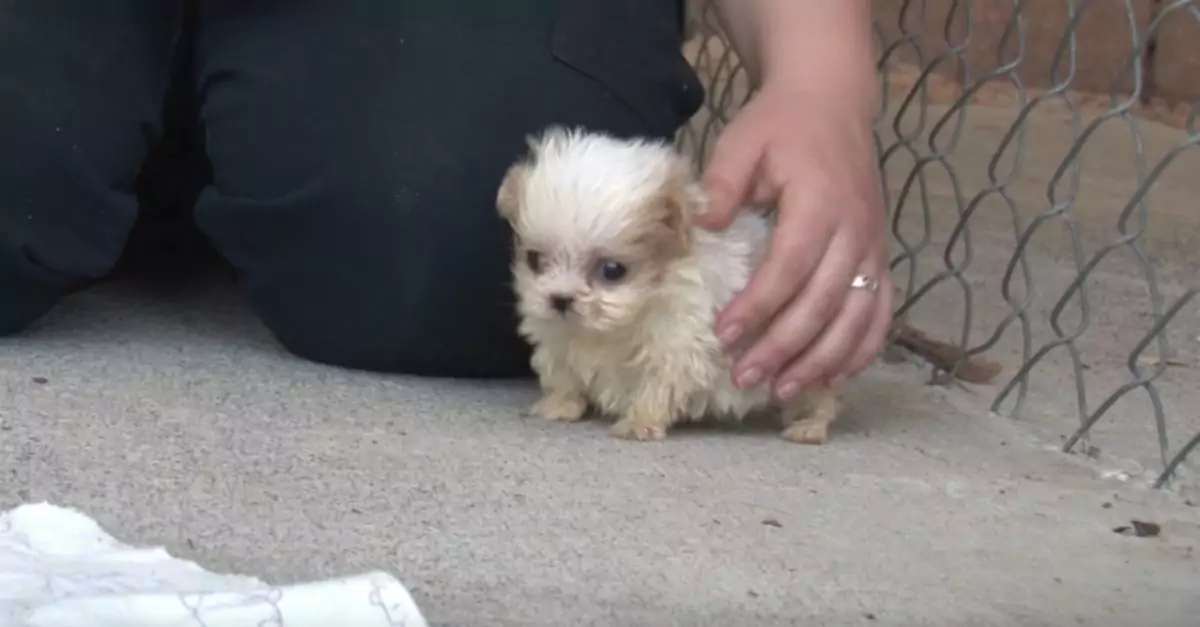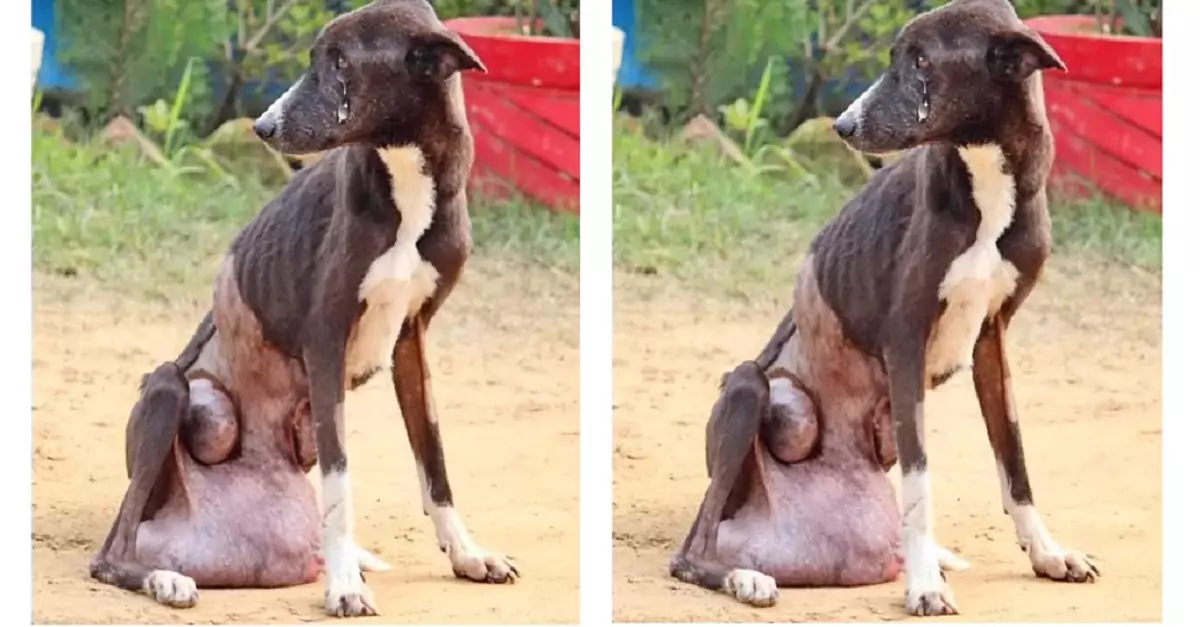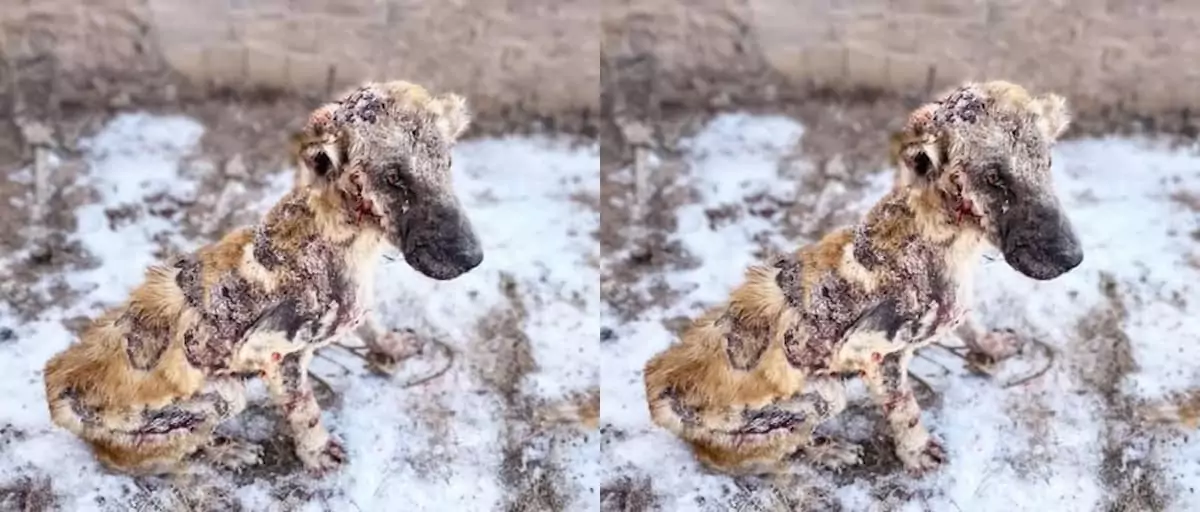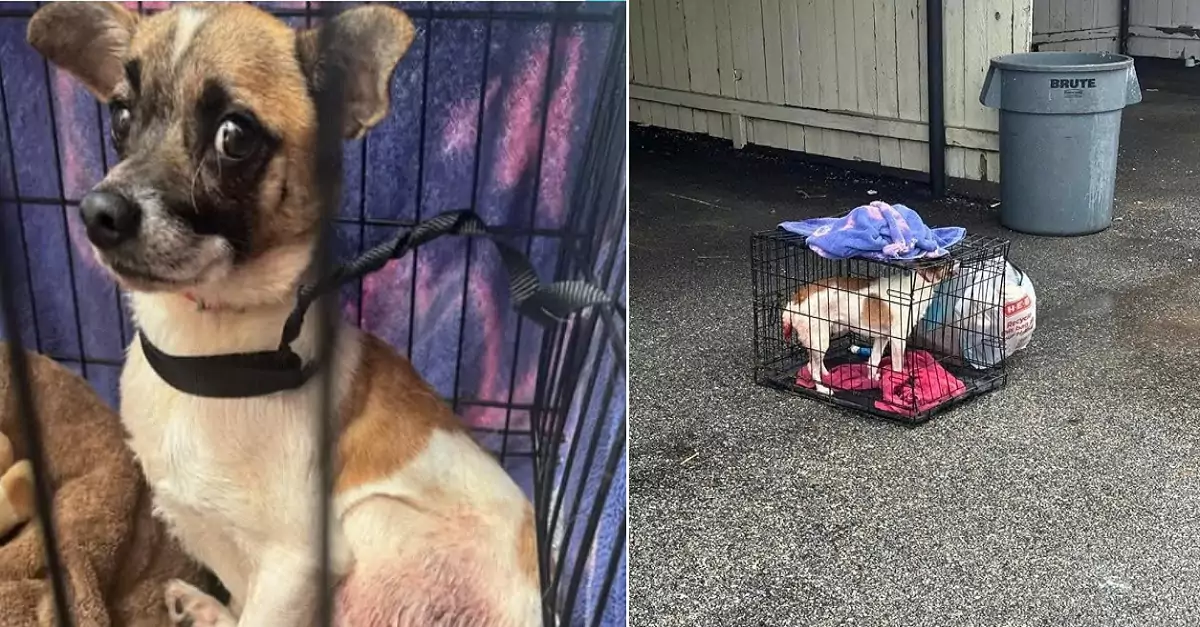The morning sun filtered through the gum trees, casting golden patches of light across the narrow trail. Birds sang overhead, and the scent of eucalyptus hung in the air — crisp and earthy. The Bennett family had set out early for a bushwalk in the Grampians, a mountainous region in Victoria known for its stunning views and wild beauty. It was meant to be a quiet day, a peaceful family escape into nature. But fate had something else in store.
About two hours into their hike, as they followed a winding path toward a scenic lookout, they heard it — faint at first, almost like the wind. A soft whimper. Then again, slightly louder. A cry.
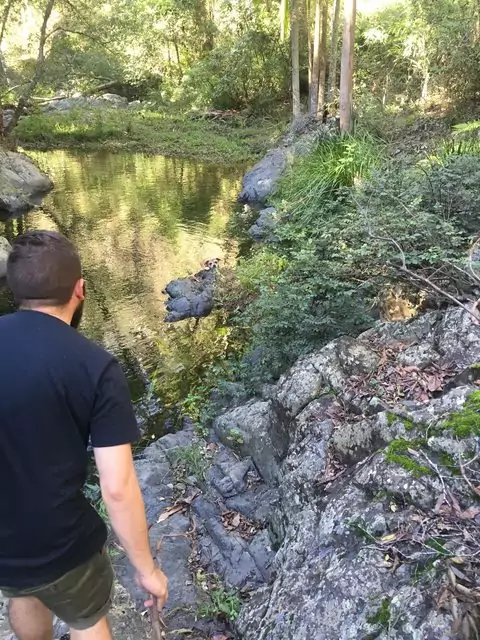
“Did you hear that?” asked Ella, the youngest of the three children.
Her father stopped, turned his head toward the sound, and nodded. “That wasn’t a bird.”
They stood still, listening. The sound came again, unmistakably a whimper — frightened, exhausted, and desperate.
They followed the sound off the main trail, gently pushing past tall grasses and twisted branches. The terrain was rough, and the deeper they went, the more the family felt the weight of something unexpected ahead. Then they saw him.
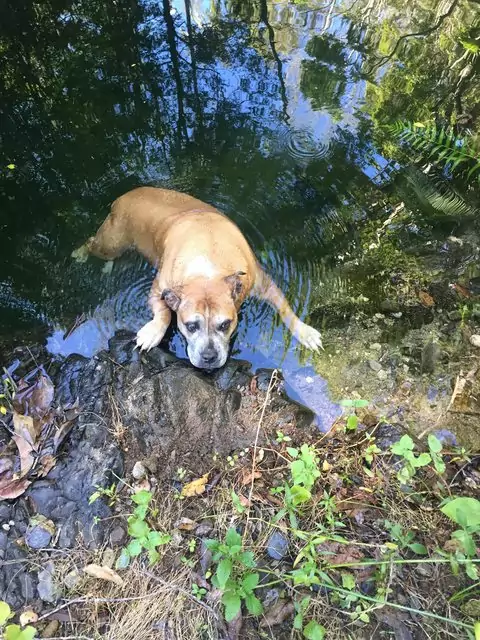
There, beneath a fallen tree and tangled in bramble, was a small brown dog. He was filthy, ribs showing, his fur knotted and matted with burrs and mud. His eyes, wide with fear, locked onto theirs — a mix of panic and fragile hope.
He didn’t growl or bark, only whimpered softly as if he was using the last bit of strength he had left.
“Oh, you poor thing,” whispered Mrs. Bennett, kneeling carefully beside him. The dog flinched as she reached out, but didn’t try to run. He was too tired to move.
It took almost an hour to free him gently from the brush. He had a collar, but it was torn and unreadable. There were scratches along his legs, and his paws were cracked and bleeding from wandering on the harsh terrain.
The Bennetts gave him water from a bottle and bits of sandwich from their backpacks. He devoured it hungrily, trembling as he ate.
They couldn’t leave him there.
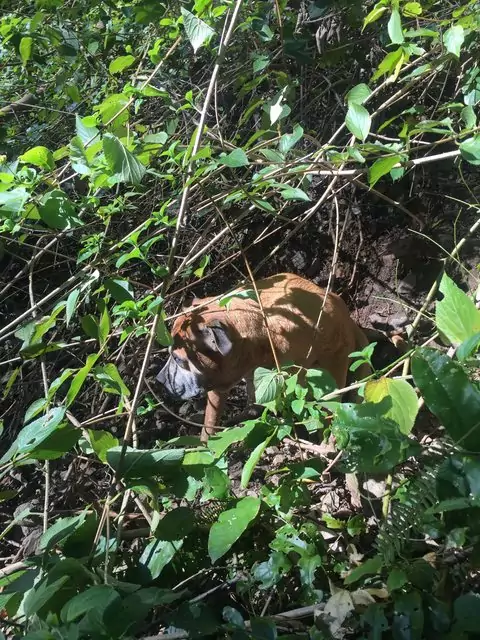
The father carried the dog in his arms all the way back to the trailhead, taking turns with his teenage son. The hike back, which should have taken an hour, took almost three. But they didn’t complain. The dog lay still against their chests, occasionally licking their arms as if to say thank you.
At the ranger station, they reported the rescue. The staff were astonished. A dog matching his description had been listed missing over three weeks earlier. His family — holidaymakers from another part of Victoria — had lost him while camping. Despite their tireless search, they’d had to return home heartbroken, thinking he had been taken by the wilderness.
That night, the ranger contacted the dog’s owners.
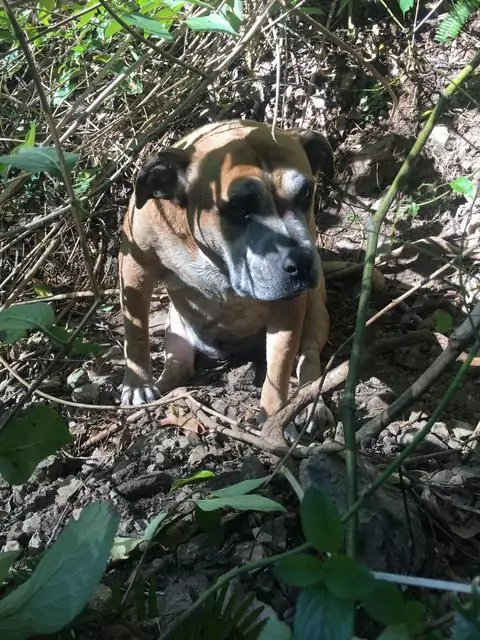
The reunion happened two days later. The dog, cleaned and fed and with fresh bandages on his legs, waited at the shelter. When the family arrived, the moment he saw them, he cried — a high-pitched, emotional bark that echoed through the room. His tail wagged so fast it became a blur. He leapt into their arms, tears streaming down the face of the woman who had once thought she’d never see him again.
He hadn’t just survived. He had waited.
The Bennetts stood to the side, smiling, moved to tears themselves. The dog’s original family hugged them, grateful beyond words.
And though he didn’t go home with the Bennetts, the dog had left his pawprint on their hearts. That quiet bushwalk in the Australian wilderness had turned into something unforgettable — not just a journey through nature, but a rescue, a reunion, and a reminder that kindness can find its way even in the most remote corners of the world.

